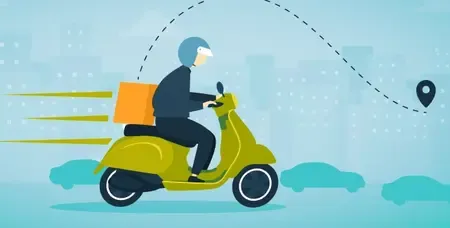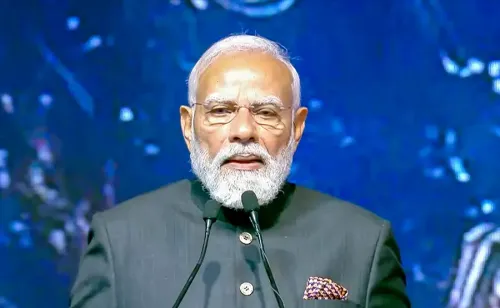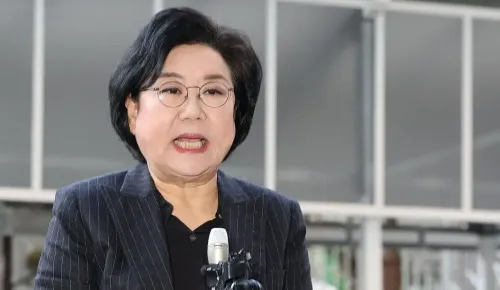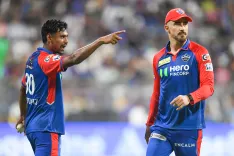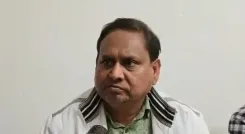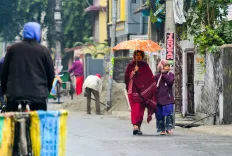What Role Did Pakistani Men Play in the UK's Grooming Gang Scandals?
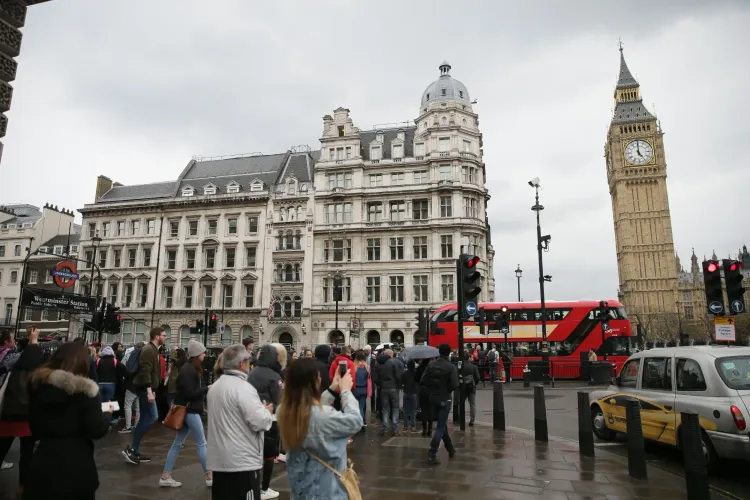
Synopsis
Key Takeaways
- Pakistani men are disproportionately represented in grooming gang cases.
- Accurate language is essential to avoid unfair generalizations.
- The Indian community in the UK contributes significantly to society.
- Awareness and education can help combat grooming gang issues.
- Public discourse must focus on facts to protect innocent communities.
London, Sep 10 (NationPress) The United Kingdom has recently experienced widespread anti-immigrant demonstrations, a response to years of pent-up frustration stemming from the government's failure to tackle significant concerns, including the grooming gang scandals where men of mainly Pakistani descent perpetrated systematic exploitation of vulnerable British girls, some as young as 10, as reported on Wednesday.
A report from The Australia Today highlighted that the notorious events in Rotherham, Rochdale, and Telford sparked a wave of outrage, although these protests frequently featured xenophobic language.
The findings from British official Baroness Louise Casey’s 2025 audit confirmed persistent worries in regions like Greater Manchester, West Yorkshire, and South Yorkshire, revealing over 4,200 recorded grooming gang cases in recent years, with men of Pakistani heritage disproportionately among the accused.
“Nevertheless, the terminology used to describe those involved — ‘Asian grooming gangs’ or ‘South Asian men’ — was deliberately chosen to obscure details, unfairly implicating Indian, Bangladeshi, and other Asian communities, who often suffer from this unfounded stigma, despite having no involvement in these heinous acts,” the report emphasized.
“Acknowledging and upholding this essential distinction is not about political correctness; it’s about factual accuracy. Tensions have arisen between Muslim communities from India and Pakistan, exemplified by a recent incident captured on video during the eve of India’s Independence Day in East London, where a Muslim girl of Indian heritage, adorned in a hijab and holding the Indian flag, faced harassment from a group of Pakistani men,” it added.
The report further noted that labels like “Asian grooming gangs” and “South Asian men” unjustly tarnish the reputation of the broader Indian community in the UK, which makes substantial contributions to the nation. A recent study by the Policy Exchange think tank revealed that individuals of Indian origin consistently outshine all ethnic minority groups in socio-economic and developmental metrics, often equaling or surpassing the performance of the white population.
“The emphasis should be on precision rather than euphemism — when authorities are clear about who commits offenses (and where), victims receive better protection, offenders are held accountable without casting a collective blame, and public discourse ceases to penalize communities that are largely law-abiding, productive, and not advocating for parallel legal structures,” the report stressed.
“Furthermore, while immigration discussions across various continents might superficially resemble one another, their origins are profoundly different. What they share is the peril of lazy generalizations — as responsibility becomes murky, justice is obstructed, and the innocent suffer for crimes they did not commit,” it noted.


